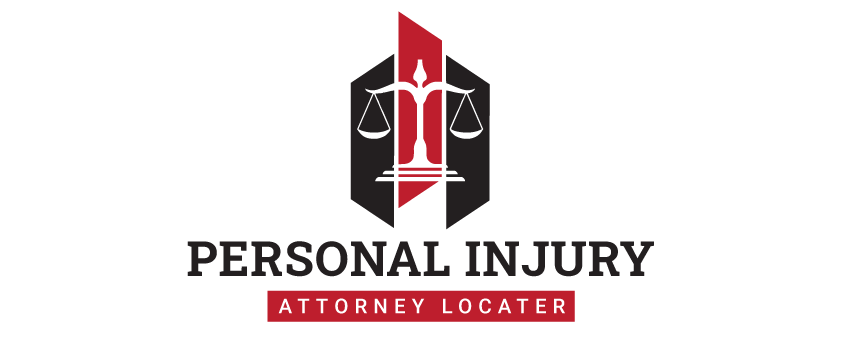What Does a Personal Injury Lawyer Do?
0
If you have been injured due to someone else’s carelessness, a personal injury lawyer can assist in recovering compensation for your losses. They’ll investigate your case, file a lawsuit and pursue all available compensation on your behalf.
A personal injury attorney will need your medical records and bills as evidence that you have suffered an injury due to someone else’s carelessness. They’ll also require proof of future costs that arise as a result of the injuries.
Gathering Evidence
As a Personal Injury Lawyer, it is your duty to collect evidence that supports your case and proves the other party responsible for your injuries. Establishing liability is critical as it allows you to receive compensation for your losses.
Documentation is the primary form of evidence in a personal injury case. This could include medical records, insurance forms, and other documents that demonstrate your damages in courtroom proceedings.
Evidence can also be collected physically, such as skid marks on the road from trying to avoid an accident and broken glass in a car window. These can be photographed so your attorney can explain what happened during the crash to a judge or jury.
Gathering evidence can take some effort, but it’s essential for a successful claim. Do your best to capture as much of it as possible – including video and audio recordings.
Liability Analysis
Liability analysis is an intricate process requiring considerable research. It involves reviewing pertinent statutes, case law, common law and legal precedents to assess liability.
The primary aim of this process is to establish a valid basis for pursuing a claim against responsible parties, so that plaintiffs have an adequate foundation and can receive maximum compensation for their injuries.
A qualified personal injury lawyer will perform a liability analysis in order to identify the best course of action for their client. This could involve negotiating a settlement or filing suit against the responsible party. Typically, damages awarded in such cases far exceed what would have been received had there not been legal action taken due to someone else’s alleged negligent actions. Generally speaking, this case must involve more than just an accident and prove that the defendant’s negligence caused or contributed to the harm sustained.
Preparing for Trial
When filing a personal injury claim, you are often being asked for personal details about yourself such as medical history, employment records and past tax returns.
It is essential that you retain an experienced personal injury attorney to guide you through this process and ensure all personal details are disclosed accurately. Doing so will protect your privacy from being invaded by the defense team.
After discovery, your case can either be settled or taken to trial. Trial preparation involves reviewing and gathering evidence, crafting opening and closing arguments, questioning witnesses, and submitting documents to the court for review.
Negotiating the Settlement
Personal Injury Lawyers are experienced in negotiating settlements and can help injured people receive compensation. Many work on a contingency fee basis, meaning you won’t owe anything unless and until your case is successful.
The initial step in resolving an insurance claim is gathering all pertinent information. This includes proof of injuries, medical expenses and lost wages.
Your attorney will then calculate the value of your damages. This process can be intricate.
The final step in the process is to negotiate with the insurance company on a settlement amount. How much you receive will depend on how serious your injuries were, how much medical treatment was provided, and who bears some responsibility for the accident.

